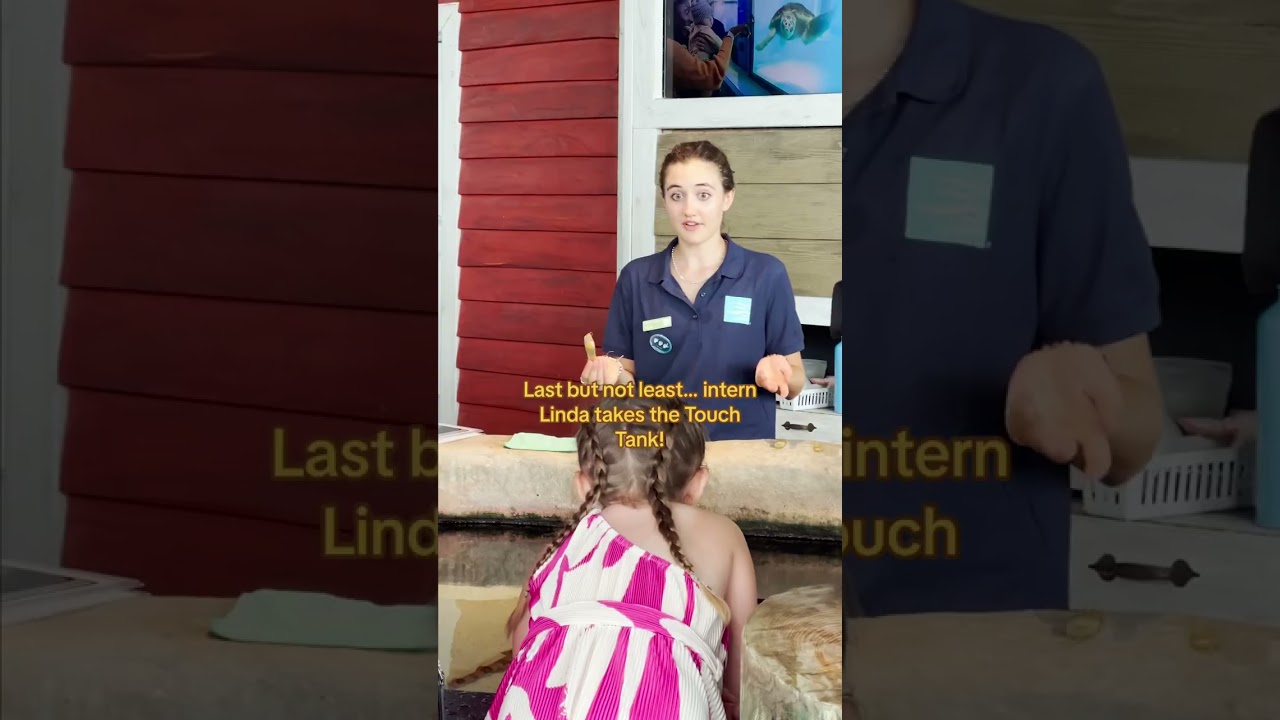- Brief introduction to the role of a high school intern at a zoo
- Day-to-day tasks and learning experiences
- Importance of zoology knowledge and wildlife conservation
- Insights into zoo management principles
- Practical skills and educational benefits for young conservationists
Navigating the path of a high school intern’s daily life at a zoo can offer a fascinating window into the diverse and often demanding responsibilities involved in wildlife conservation and zoological management. This comprehensive narrative will explore the intricate tapestry of tasks, learning experiences, and insights that shape a high school intern’s journey, ultimately contributing to the overarching goal of species preservation and environmental stewardship.
High school interns at zoos are typically part of structured programs that combine hands-on work with educational experiences. These internships operate under the guidance of experienced zoo staff and conservationists. Interns often begin their day with a briefing session, which provides them with an overview of the day’s activities, safety protocols, and any special projects or events.
One pivotal aspect of an intern’s day is animal care and husbandry. Interns assist zookeepers in feeding and watering the animals. This task demands accuracy and attention to detail to ensure the animals receive the correct diet, an aspect crucial for their health and well-being. Additionally, interns often part-take in cleaning enclosures, monitoring animal behavior, and assisting with minor medical care under the supervision of veterinarians. These activities provide a solid grounding in animal welfare practices and offer practical insights into the nuanced needs of different species.
Educational experiences form another cornerstone of a high school intern’s day at the zoo. Interns attend lectures and training sessions on various zoological topics, such as animal nutrition, breeding programs, and habitat design. They also participate in wildlife conservation projects, learning about the importance of maintaining genetic diversity and supporting endangered species. This training is supplemented with practical experiences in observing and documenting animal behavior, a skill critical for monitoring health and well-being in zoo environments and ensuring that husbandry practices meet the highest standards.
Moreover, understanding zoology is indispensable for anyone involved in wildlife conservation. Zoology, the scientific study of animals, encompasses various aspects including anatomy, behavior, genetics, and ecology. Interns learn how zoo management utilizes zoology to design effective breeding programs, create enriching habitats, and implement conservation strategies. For instance, knowledge of animal behavior helps interns understand how different species interact with their environment and with each other, which in turn informs the creation of more naturalistic and stimulating enclosures.
Conservation is at the heart of a zoo’s mission. Interns are introduced to the core principles of wildlife conservation, learning about the critical role zoos play in safeguarding biodiversity. They discover how breeding programs within zoos aim to reintroduce endangered species into the wild and how habitat preservation efforts contribute to the survival of these species in their natural environments. By engaging in conservation education initiatives for zoo visitors, interns learn to communicate the significance of conservation efforts and inspire the public to support these initiatives.
Zoo management principles are another vital area of learning for high school interns. Effective zoo management ensures the smooth operation of the facility while prioritizing animal welfare and conservation goals. Interns gain insights into the logistics of managing a zoo, including financial planning, staff coordination, and maintaining ethical standards in animal care. They learn about the importance of creating and adhering to comprehensive animal welfare policies, designing educational programs for visitors, and collaborating with local and international conservation organizations.
In addition to the theoretical knowledge, high school interns acquire a host of practical skills through their day-to-day activities. These skills are valuable for any future career in wildlife conservation or zoology. For instance, interns develop strong observational and data collection skills by recording animal behaviors and health parameters. They also enhance their communication and teamwork abilities by collaborating with zoo staff and participating in public education efforts. Furthermore, the hands-on experience gained in animal care, habitat maintenance, and conservation projects provides a solid foundation for advanced studies in these fields.
In conclusion, the experience of a high school intern at a zoo is rich with educational and practical learning opportunities. Through a combination of hands-on tasks and theoretical training, interns gain a deep understanding of zoology, wildlife conservation, and zoo management. These experiences not only equip them with essential skills for their future careers but also instill in them a profound appreciation for the importance of protecting the natural world and its inhabitants. The daily life of a high school intern at a zoo is a microcosm of the broader efforts to conserve our planet’s biodiversity and create a sustainable future for all species.
*****
Source Description
#aquarium #scaquarium #sc #chs #charlestonsc #charleston #dayinthelife #comealongwithus #comealongwithme #part2 #intern #interns #highschoolinterns


